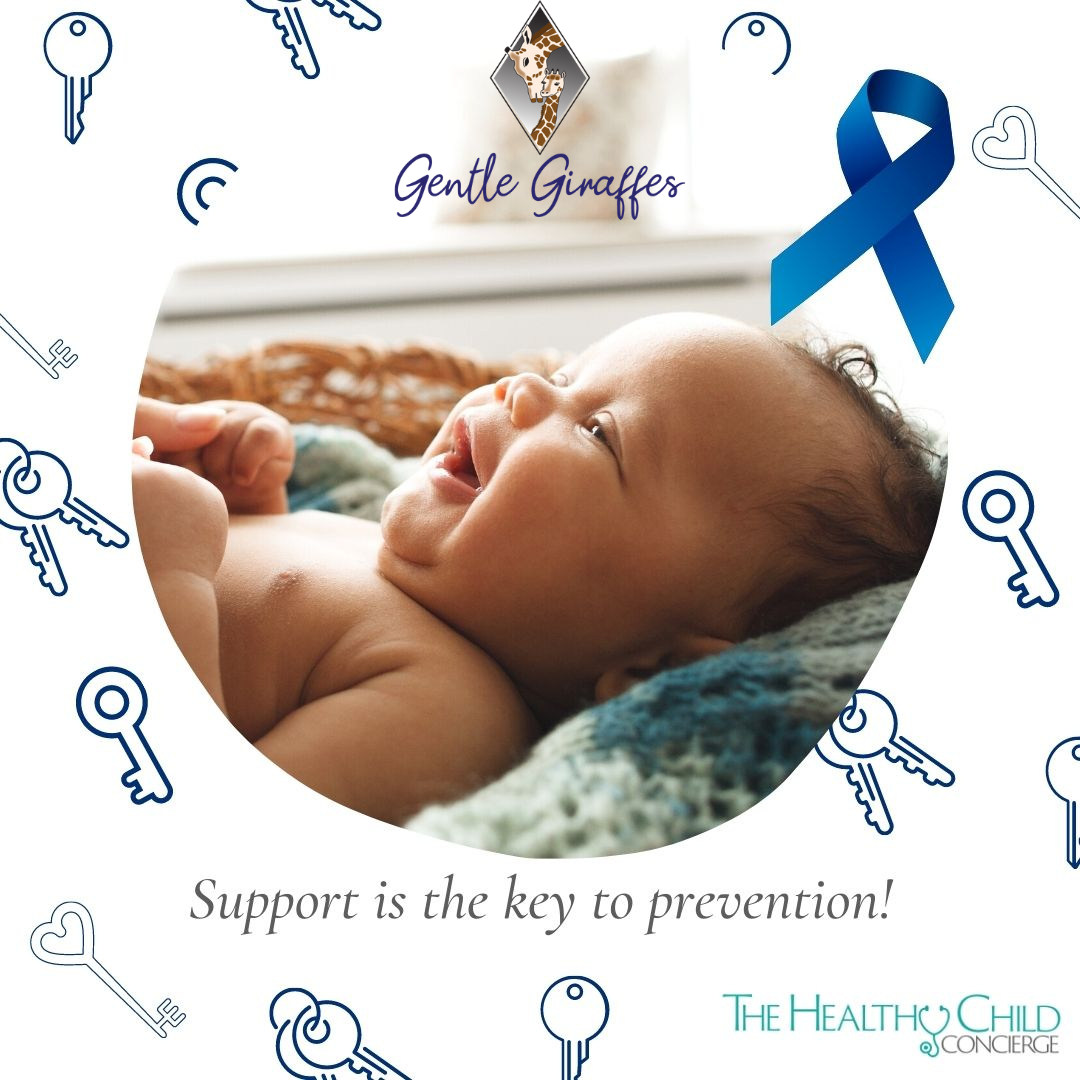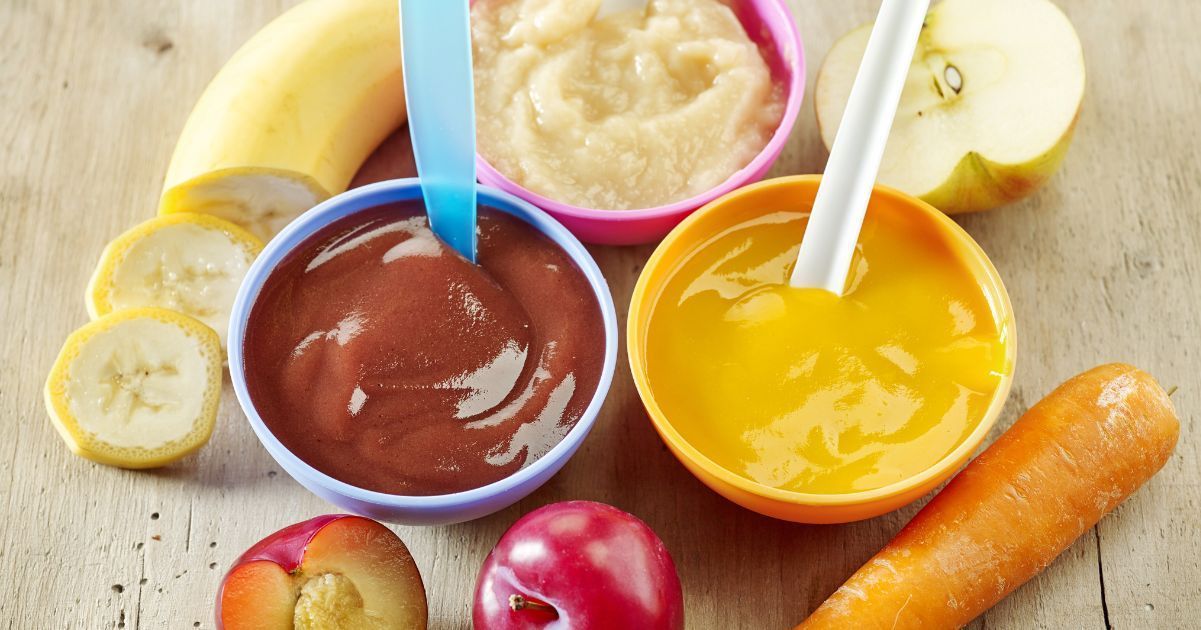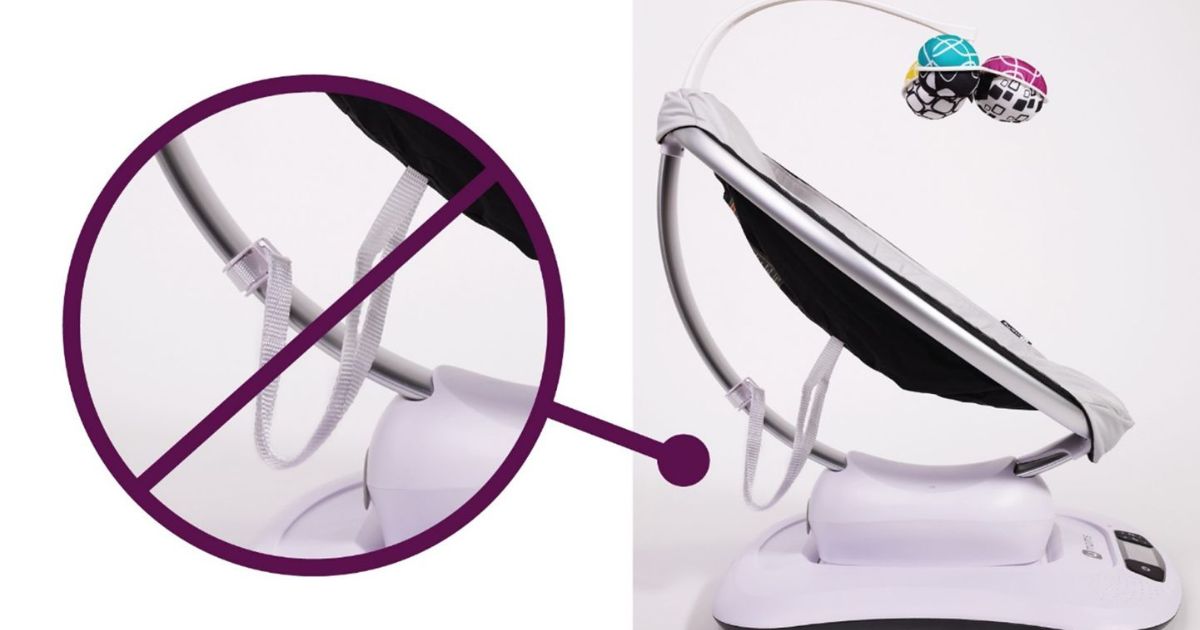National Child Abuse Prevention Month
Maryanne Tranter - VIP Member
April is National Child Abuse Prevention Month. Studies show the leading cause of physical child abuse is Shaken Baby Syndrome (SBS). There are many parents who had no intention of hurting their child. Frustration with baby crying is the number one cause of Shaken Baby Syndrome. With 20% of infants having colic, even the calmest parent can act out of frustration. This month is the perfect opportunity because research shows that giving parents sound information and supporting them decreases the incidence of SBS.
What is Colic?
Colic is Crying. Excessive crying. Providers use this diagnosis/symptom when they do not know why the baby is crying. Old rules used were if a baby cried 3+ hours a day, 3+ days per week, for 3+ weeks. New rules don’t necessarily make babies have all these. If they are crying more than normal, they also get this label.
What can be causing the crying?
There are a few theories as to what causes colic and why babies grow out of it. Some of these are an immature immune system, immature nervous system, immature digestive system, and since humans are the only mammals that talk, the way we learn to regulate our breathing for this purpose and how there is confusion that includes crying. These theories pose that when the body develops more, the crying will go away. One example of this is the inability to break down certain proteins in food because the body is not making enzymes for that food until 4 months old. When the body starts making these enzymes to digest the protein, there is no longer pain and crying stops).
What about other diagnoses?
Only 5% of colic is found to have a confirmed diagnosis. Most major diagnoses are ruled out when the provider at the pediatric office does a thorough history and physical. These include inborn metabolism issues caught on a newborn blood screen, heart defects, and things like hernias. Viral and bacterial infections are also ruled out. But there are some things that are not found on exams nor do we have tests to check like silent reflux or food “intolerances”.
How do we treat colic?
Of course, if a diagnosis is identified, treatment can be given specifically for that. BUT, there are things to try in the case that a cause is not identified. There is promising research that a few probiotics have shown promise in decreasing crying in babies: L. reuteri and B. breve. There can be elimination of certain foods to check for sensitivity to these. After an elimination diet of the mama who is breastfeeding or change in formula to one with easier proteins to digest, reintroduction of these can occur as the baby grows.
If we don’t have a diagnosis, how can I calm the baby?
Some ways to soothe a colicky baby include swaddling, loud white noise, bouncing while you hold them on an exercise ball, change the stimulation (less or more), football hold your babe, or take a drive. Parents find success in changing baby bottles, holding upright after eating, skin to skin contact, bathing in warm water, belly massage, or using a gas releasing tube.
What if nothing is working, and the baby is still crying?
Most importantly, take care of you! It is NORMAL to feel super stressed and decreasing your stress and energy is key to prevention. Call a friend, take three breaths before picking up your baby, leave your baby in a safe place (bed) and take a shower. You can put in headphones and listen to music. Plan time for you away from the baby. This can be with friends, a counselor, or a trip alone to the grocery store. Taking care of your mental health IS being a good parent to have the energy and patience to care for your little one. You also can go to https://www.childhelp.org/hotline/ where they offer and also get text support! Reach out and know that you are not alone.
Share on Social Media
We Serve Families in All of the New England States and Beyond
Select a state to learn more.
-
Connecticut
ButtonNewborn Care, Postpartum Doulas, Night Nannies
-
Massachusetts
ButtonNewborn Care, Postpartum Doulas, Night Nannies
-
Maine
ButtonNewborn Care, Postpartum Doulas, Night Nannies
-
New Hampshire
ButtonNewborn Care, Postpartum Doulas, Night Nannies
-
Rhode Island
ButtonNewborn Care, Postpartum Doulas, Night Nannies
-
Vermont
ButtonNewborn Care, Postpartum Doulas, Night Nannies
AREAS OF SERVICE
We serve families in all
New England states:
MA, CT, ME, NH, RI, VT
And the entire US.
All Rights Reserved | Gentle Giraffes LLC | Privacy Policy | Web Accessibility | Website Design Dionne Katinas | Web Development by Local Business First

















